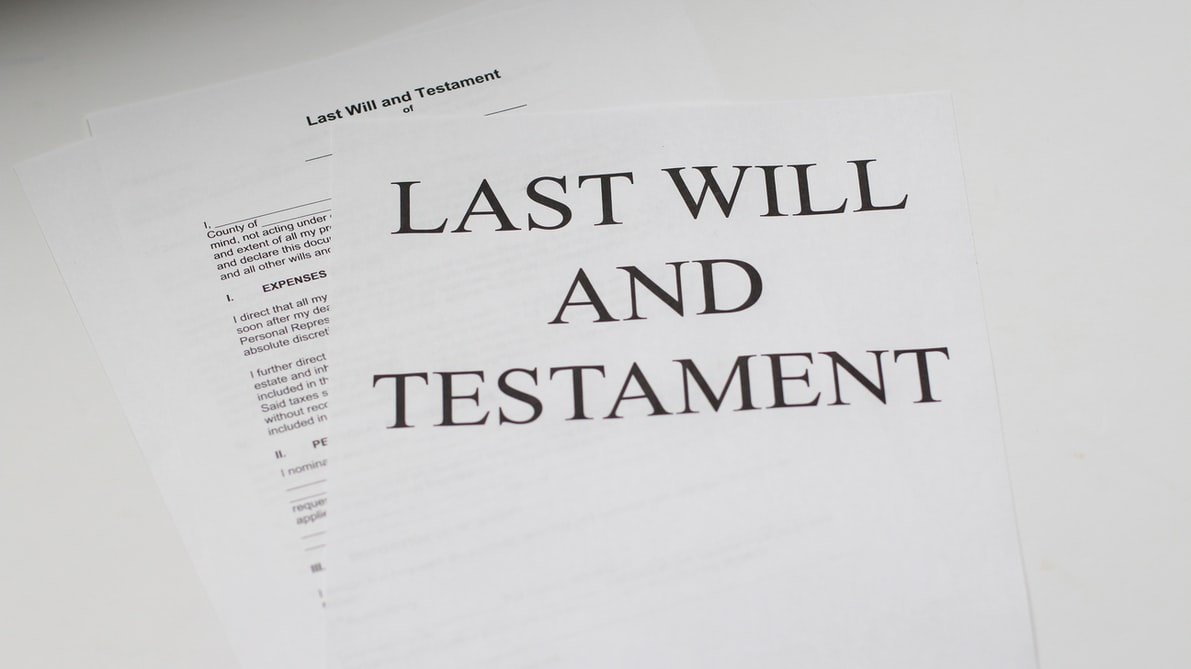

Beneficiary Designations

When I started full time at Mercer back in 1988, beneficiary designations were easy. All you had to do was fill in a form for the health plan and pension plan naming the most important person in your life that should get some cash should your life end unexpectedly. At least that is what I thought back then and as they say, ‘ignorance is bliss’, especially for a worrier like me. Unfortunately, the reality is way more complex and I thought it was worth writing some things down for pension plan sponsors and financial advisors to think about when assisting others with beneficiary designations.
Rules of law
Rule of law: Everyone other than fully dependent children should have a last will and testament specifying what will happen to their net assets when they die. I say net assets because the first step for an executor is to use any assets to pay outstanding liabilities. With that said, just because your will makes promises to certain people, everyone should be made aware that proceeds from insurance policies and pension plans operate outside an individual’s will and it’s the applicable beneficiary designation that determines who gets the money.
Rule of law part 2: For pension plans, pension law overrides a duly signed beneficiary designation in favour of a ‘spouse’ for certain death benefits. This is an idea rooted in the 1950s where the man worked, and the ‘little lady’ stayed home and was entirely dependent on the man for income. Rule of law 2b: If you AND your spouse want to do it differently you can by filling out more forms. To me these rules are unnecessarily complex, and I am not sure the purpose for which they were created is as relevant today. Nonetheless, it is what it is.
Rule of law part 3: The person you think is your spouse may not be who the government thinks is your spouse. This issue resulted in the mess that is referred to by pension lawyers as Carrigan. Although the government now thinks that it is clear who should get the pension money when you die – it is far less clear to the many folks filling out the beneficiary designation forms who have a more complicated life than June and Ward Cleaver.
Estate planning
The more assets that you accumulate and the more people and charities in your life that you want to reward for putting up with you during your lifetime, the more complex estate planning gets. Add in the fact that the government is looking for their piece of the action and you can sometimes get a team of lawyers and accountants working to optimize your arrangements.
For those with fewer assets than needed to justify teams of lawyers and accountants, some families will designate a child to jointly hold assets with the last parent in order to avoid certain taxes and creditors upon death. No surprise that for every smart idea there are sometimes unintended consequences and this method of saving a few bucks on probate taxes can create all sorts of disputes among siblings. I have seen cases where brothers and sisters no longer speak to each other – sometimes because of the money and sometimes because of what they perceive as manipulation of their parent. It’s truly sad to see these situations and as parents we have warned our children that if we can’t find a way to spend our money that we would rather give it all to charity than to put them in a situation to fight for the rest of their lives over lottery winnings that they should never have planned to receive in the first place.
Although not a pension case, Calmusky v Calmusky is a recent case that highlights just how hard it is to anticipate the best way to both avoid taxes and avoid fighting among children. In a nutshell, two brothers (twins) disagreed on whether their dad intended to give all his assets to only one son when he named that son as his joint bank account holder and RRIF beneficiary. The irony of this case is that had one brother just sent the other brother half of the assets their father left them they would have avoided legal fees to fight in court and potentially probate fees that may apply now that the proceeds are part of the estate (greedy brother lost). I am sure the dad in this case would have taken a different road if you told him the mess that he was leaving behind.
Free Advice
You are often told that free advice is worth what you pay for it. Take it or leave it, but I recommend that you tell anyone that is filling out a beneficiary form that they should consider legal advice. If someone’s family circumstances don’t mirror Ozzie and Harriet, then they may be in for a surprise when the tax man and the lawyers show up wanting to argue about who should get how much.
Of course, the other strategy is to spend it all while you are alive. My father was a horseman and he used to say that he planned on finishing in a dead heat – having his life and his money run out on the same day. I am still managing my mom’s finances and I will say he did a pretty good job of not overshooting or undershooting the funds needed for the two of them to be comfortable through their lifetimes.



Comments